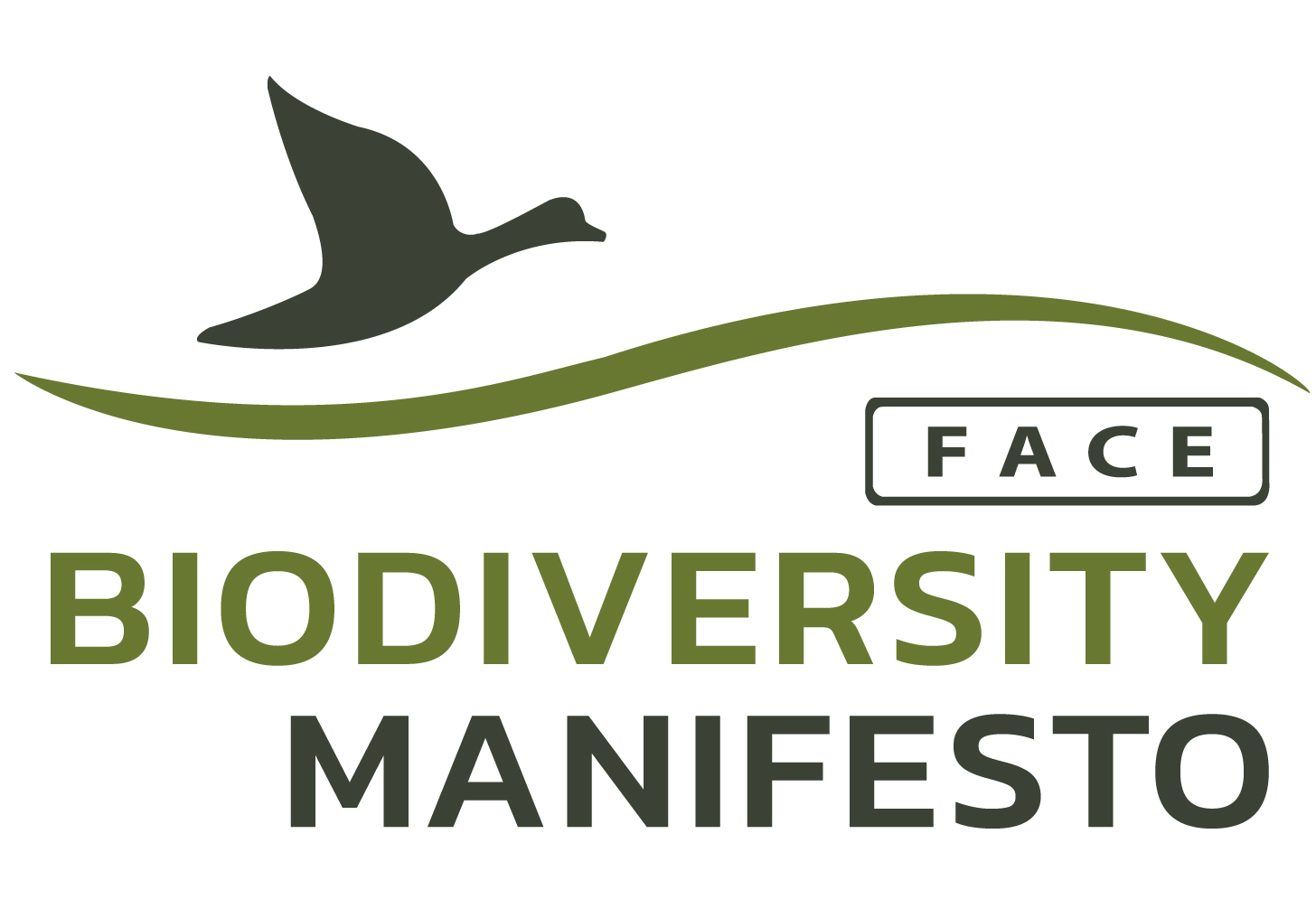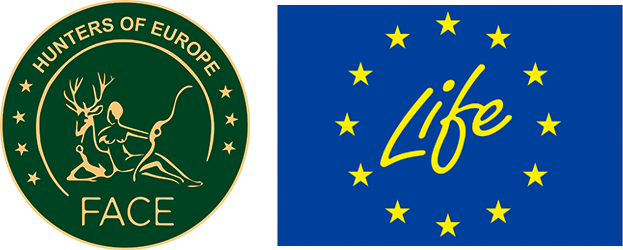On 1st of February an experiment funded by the EU LIFE Project called “Natural Estonia“ (“Loodusrikas Eesti“) started. During the Project, Estonian Environmental Board and Estonian Hunters Society will try to reduce the impact of mesopredators on ground-nesting birds in the coastal meadows in Läänemaa, Hiiumaa and Muhumaa county.
“Studies in recent years show that the unrealistically high numbers of small predators threatens the birds of coastal meadows. A number of already poorly fairing bird species are suffering because of that. The Environmental Board has decided to fund this project as scientists believe it could improve the situation of these birds“ said Rainer Vakra, the Director General of the Environmental Board.
According to Triin Kaasik, a doctoral student in nature conservation at the University of Tartu, the results of the previous research conducted in Läänemaa, Pärnumaa and Hiiumaa in the last three years were sad. “Although the fox always eats away some bird nests in the wild,there is something wrong at the moment with the coastal meadows: as a result,nest looting of as many as 86% of the nests of birds nesting on the ground are destroyed. Thus, the reproduction of the population is unsustainable and local population of Dunlin (Calidris alpina schinzii) and Ruff (Calidris pugnax) for example will be in danger of extinction“ said Kaasik.
Kaasiku´s study revealed that the fox is the main predator of small birds and also golden jackal in Lääne & Pärnu county.
During the Project “Natural Estonia“ the local hunting communities of the Estonian Hunters Society will provide an essential contribution in contolling the meso-predators’ populations in the research area of the University of Tartu in the next 2 months. The control will be carried out on coastal meadows selected by the scientists and will try to regulate the number of foxes, golden jackals and raccoon dogs (the latter being an Invasive Alien Species of Union concern). To assess the effectiveness of the measures taken to protect the birds, the successful hatching of the birds during the spring breeding will be measured.
POLICY RELEVANCE
Many studies highlight generalist predators as a major factor contributing in ground-nesting bird populations decline, combined with other pressures such as the intensification of agriculture or habitat loss and fragmentation. Results so far suggest that in some areas or circumstances habitat management alone is not sufficient to stop negative population trends and suggest that predator control can take away the pressure for local ground-nesting birds.
Dr. Barry McMahon, Associate Professor at the School of Agriculture and Food Science in University College Dublin stated: “This study (McMahon et al. 2020) indicates that generalist predators cause declines in European bird populations, although predation is not the only issue we need to tackle. Predator management is a controversial topic, but if we value our ground-nesting birds, we need to reconsider their management and promote accurate data collection to better inform management efforts”.
For these reasons, hunters are already actively engaged in predator management throughout Europe as they engage in game management which typically involves a combination of habitat and predator management. European hunters are willing to work closer with decision-makers to coordinate efforts to prevent further widespread declines in ground‐nesting birds, showing the importance of hunters as key stakeholders in helping the recovery of ground nesting birds.
The project manager of the Hunters’ Society Jaanus Vaiksoo confirmed that hunters are interested in participating in that Project and also in the results of the research in order to find out whether regulating the number of mesopredators will alleviate nest looting. “If we can contribute to the protection of Estonian birds, then it is a value and a goal in itself for us“ said Vaiksoo.
In the Project Haapsalu, Tuudi, Massu, Suuremõisa, Emmaste and Muhu hunting club will participate. The task of the hunting clubs is to hunt foxes, golden jackals and raccoon dogs in February and March in the spring nesting areas of the birds in the coastal meadows that the scientists selected out.
The Project “Regulation of the number of small predators in coastal meadows, that are important for species protection“ is part of a bigger restoration plan of the coastal meadows in western part of Estonia. In the course of this, the meadow habitat area is going to be expanded and the non-natural dry stands surrounding the meadows will be removed.
Source: Estonian Hunters’ Society – www.ejs.ee

